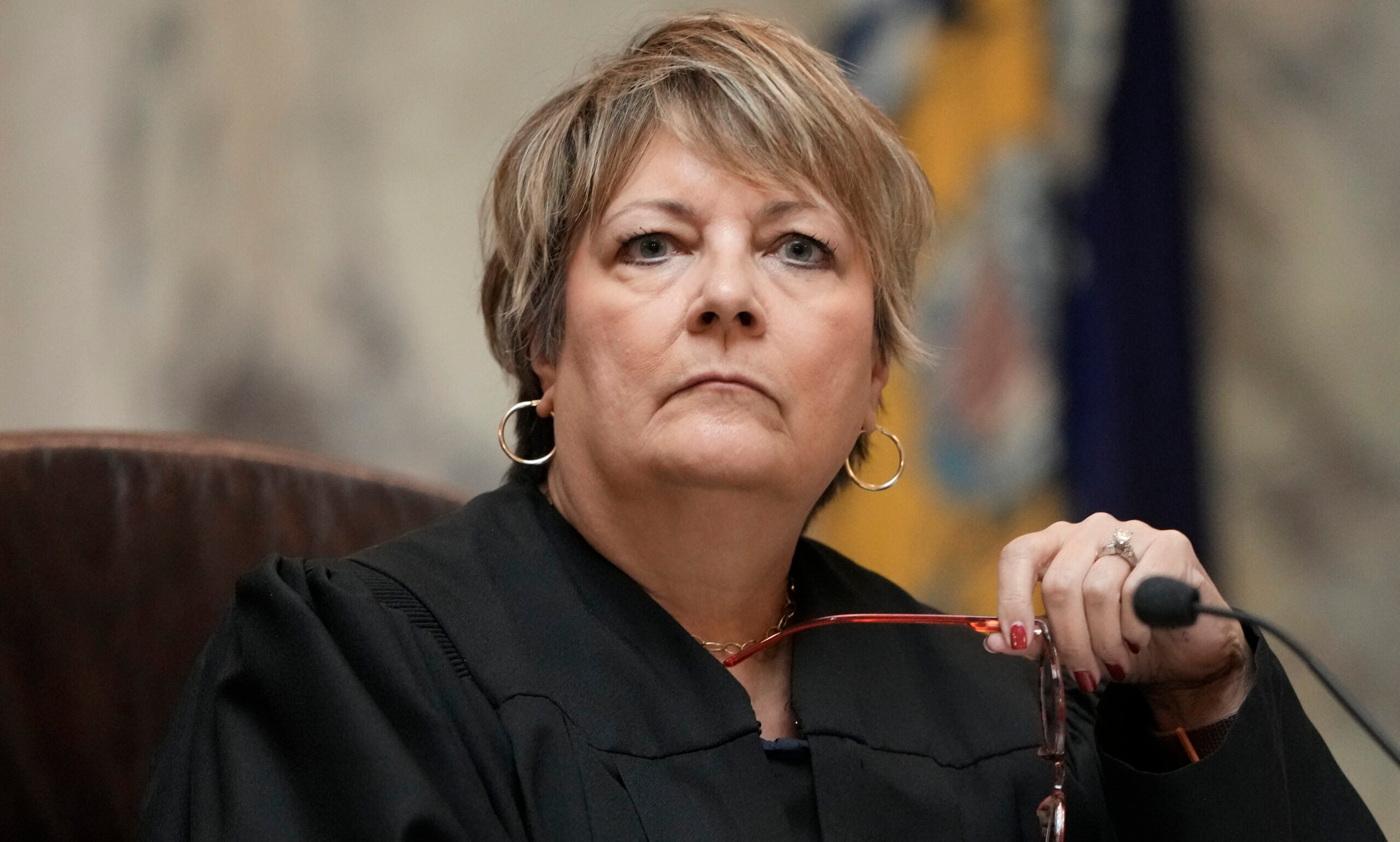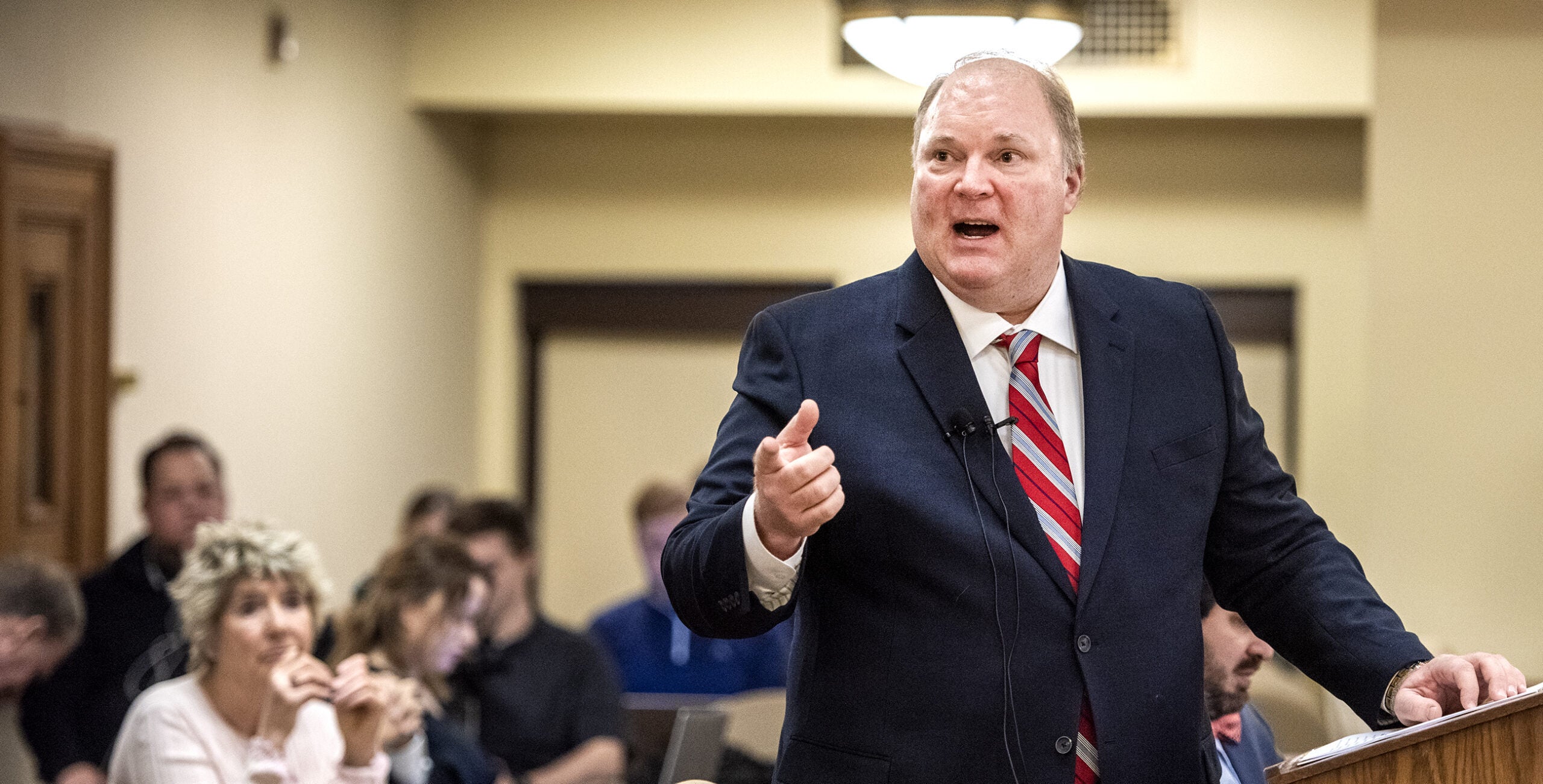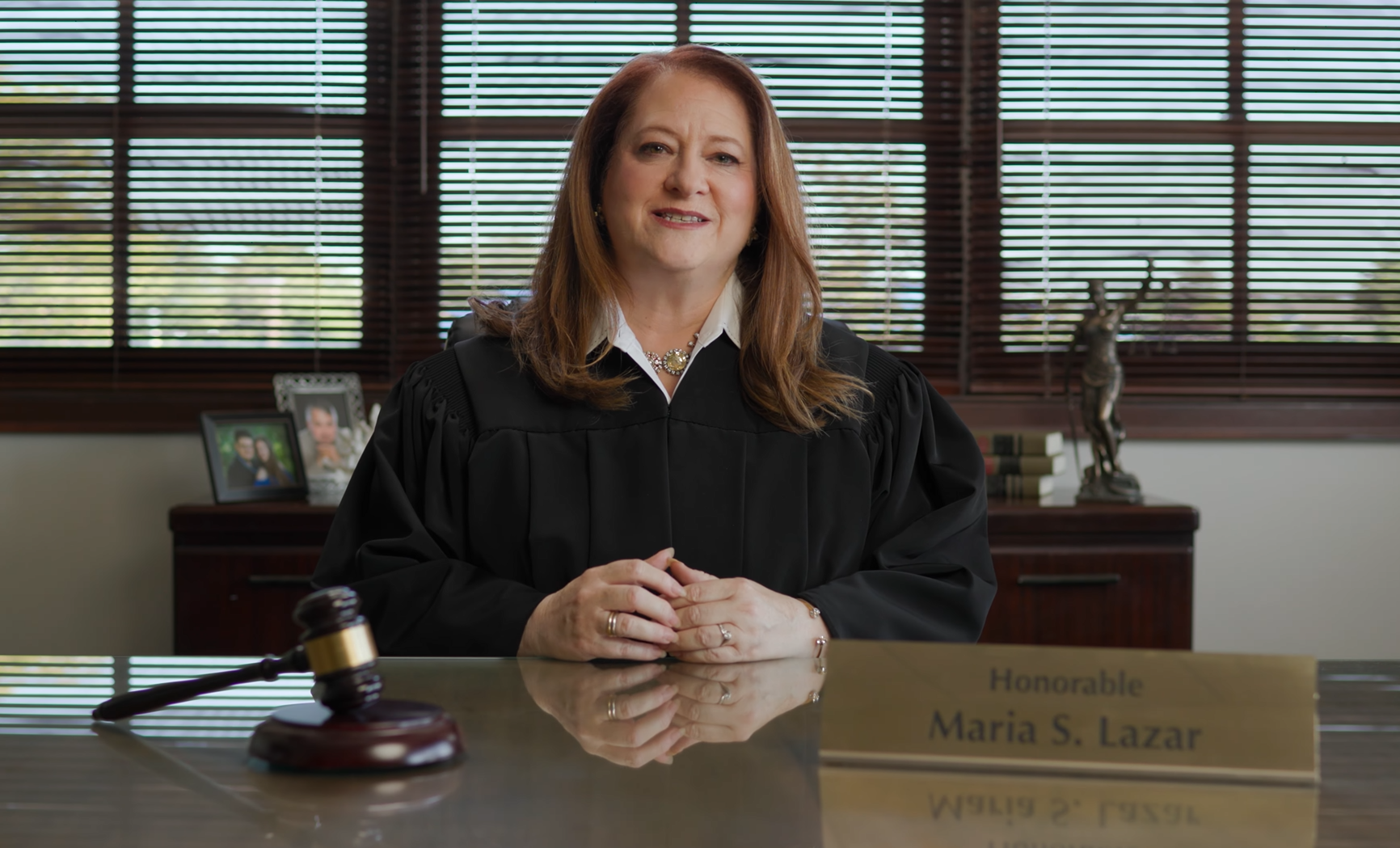Conservatives on the Wisconsin Supreme Court have rejected a plan that would have required judges and justices to recuse themselves in cases that involve large donors to their individual campaigns.
The proposal, which was endorsed by 56 judges, would have required Supreme Court justices to recuse themselves from a case if they receive contributions of $10,000 or more from a party or a lawyer. Current law lets people contribute up to $20,000 to a Supreme Court candidate.
Appeals, circuit and municipal court judges would have had to abide by similar recusal standards at lower dollar amounts.
News with a little more humanity
WPR’s “Wisconsin Today” newsletter keeps you connected to the state you love without feeling overwhelmed. No paywall. No agenda. No corporate filter.
“Every judge and justice in the state of Wisconsin should be highly offended by this petition because it attacks their integrity and their character,” said Justice Rebecca Bradley, one of the five conservative justices who voted against the plan.
The court’s two liberal justices supported the recusal plan.
“The issue is so important,” said Justice Ann Walsh Bradley. “To shut it down without a hearing and without comment just undermines the public trust and confidence that is so important for the integrity of this court.”
The court last addressed its recusal standards in 2010, adopting a rule that said judges can’t be required to recuse themselves based solely on receiving a campaign contribution. The judges who asked the court to revisit those rules this year said a lot had changed since then.
For one, they said campaign contribution limits — which were capped for Supreme Court justices at $1,000 in 2010 — had grown to $20,000.
They also said the Wisconsin Supreme Court’s 2015 decision ending a John Doe probe of Gov. Scott Walker’s campaign had opened the door to even more money flowing into Wisconsin judicial elections, potentially in advertising coordinated by judicial candidates.
“Nothing in that decision exempts judicial campaigns from the now legal ability to coordinate with independent expenditure and issue advocacy groups,” the judges wrote.
The conservative Wisconsin Institute for Law and Liberty opposed changing the rules, arguing that requiring judges to recuse themselves for accepting legal campaign contributions undercut Wisconsin’s system of electing judges and justices.
The group also argued it violated the First Amendment rights of Wisconsin citizens who want to donate to candidates.
That argument carried the day during an hour-long discussion during an open conference of the Wisconsin Supreme Court on Thursday.
“The petitioners here have asked us — I think — to do something that just does not comport with the constitution,” said Justice Annette Zielger.
Justice Shirley Abrahamson disputed that, noting that the U.S. Supreme Court had affirmed the right of states to adopt stricter recusal standards if they choose.
“I find nothing in the Wisconsin constitution or the United States Constitution that says this court cannot make reasonable rules for recusal,” Abrahamson said.
The rejection of the recusal proposal will leave it up to judges and justices to decide for themselves whether to sit out cases involving campaign donors. Three justices are up for election over the next three years: Justice Michael Gableman in 2018, Justice Shirley Abrahamson in 2019 and Justice Daniel Kelly in 2020.
Editor’s Note: This story was updated at 2:40 p.m. April 20.
Wisconsin Public Radio, © Copyright 2025, Board of Regents of the University of Wisconsin System and Wisconsin Educational Communications Board.







